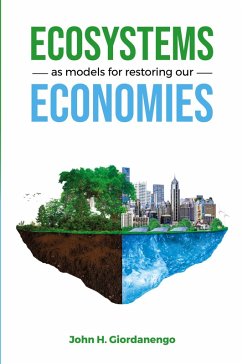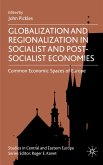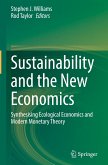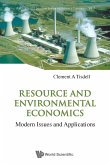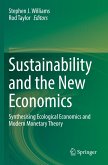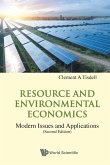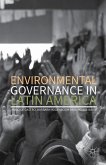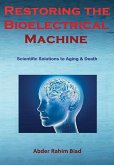Humanity could not resolve our most serious health crises until discovering the nature of disease. We lack an equivalent understanding of the true nature of our economy, putting not only ourselves in jeopardy, but the ecosystems upon which we rely. Atop thirty years of work and research in ecology, economics, and business, Giordanengo describes the core structure of economies and ecosystems, while shedding light on basic rules that inform the resilience and productivity of both systems. This book provides a novel understanding of our economy that is sorely needed. More importantly, this book outlines a path for restoring our economies, essential to rebuilding our collective resistance to a future of expected global turmoil.

